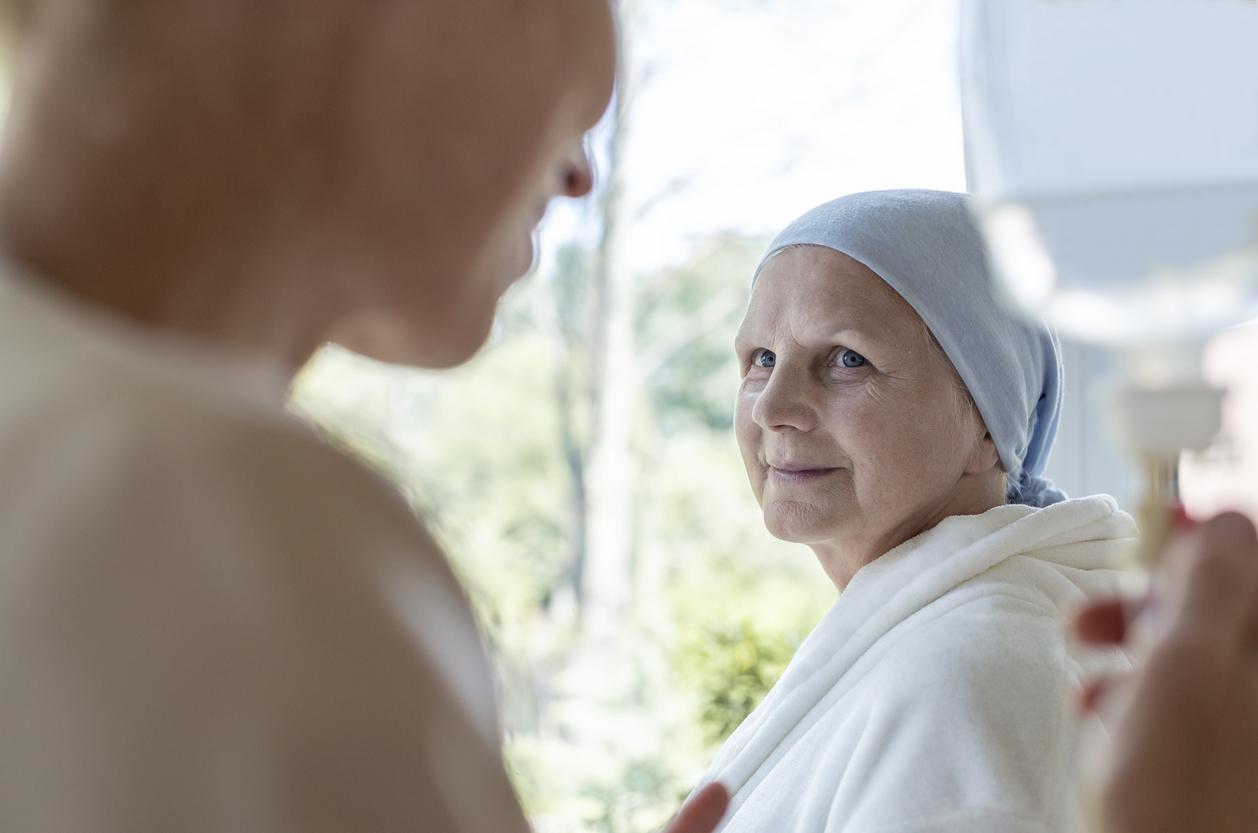Doing aerobic exercise, such as walking or cycling, may help prevent chemotherapy-related brain fog.

- Doing aerobic exercise could prevent chemotherapy-related brain fog.
- The participants, suffering from cancer and undergoing chemotherapy, did three weekly sessions for 12 to 24 weeks either during chemotherapy or at the end of treatment.
- Those who did these exercises during chemotherapy observed an improvement in their cognitive abilities.
Brain fog – or chemobrain in English – can be a side effect of chemotherapy which is characterized by various symptoms: confusion, problems with concentration, memory or language, etc.
Doing aerobic exercise reduces brain fog
Physical activity is recommended to reduce these symptoms. But according to a new study published in the journal Canceraerobic exercise may be particularly effective in preventing brain fog caused by chemotherapy.
In their work, the scientists asked 57 women with stage I to III breast cancer who were starting chemotherapy to do regular aerobic exercise for 12 to 24 weeks. According to theOttawa Heart Institutein Canada, there are several types of aerobic exercises: brisk walking, cycling, swimming, running and dancing.
In detail, 28 participants started training at the start of their treatments and 29 at the end of their chemotherapy. The frequency was three sessions per week, the duration of which varied between 20-25 and 40 minutes. In the gym there were treadmills, classic bikes and elliptical trainers.
In parallel, assessments of their cognitive functions were carried out before the start of chemotherapy and after its end, in two ways: by neuropsychological tests and self-reported assessments. via questionnaires.

Aerobic exercises during chemotherapy: a beneficial effect
Results: The 28 women who regularly did aerobic exercise during chemotherapy observed an improvement in their cognitive abilities compared to those who did not. However, after the end of chemotherapy, neuropsychological tests showed similar cognitive abilities in the two groups.
“We advocate collaboration between different sectors (academic, health, fitness and community) to develop exercise programs specifically designed for women with breast cancer, indicates Jennifer Brunet, one of the authors of the study, in a press release. These programs should be easy to do and implement on a large scale, to make the benefits of exercise more accessible to all women facing the challenges of cancer treatment and recovery.”.
According to the Quebec Breast Cancer Foundationbrain fog symptoms usually subside within 9 to 12 months after chemotherapy ends. However, 10 to 20% of patients may have long-term effects.


















